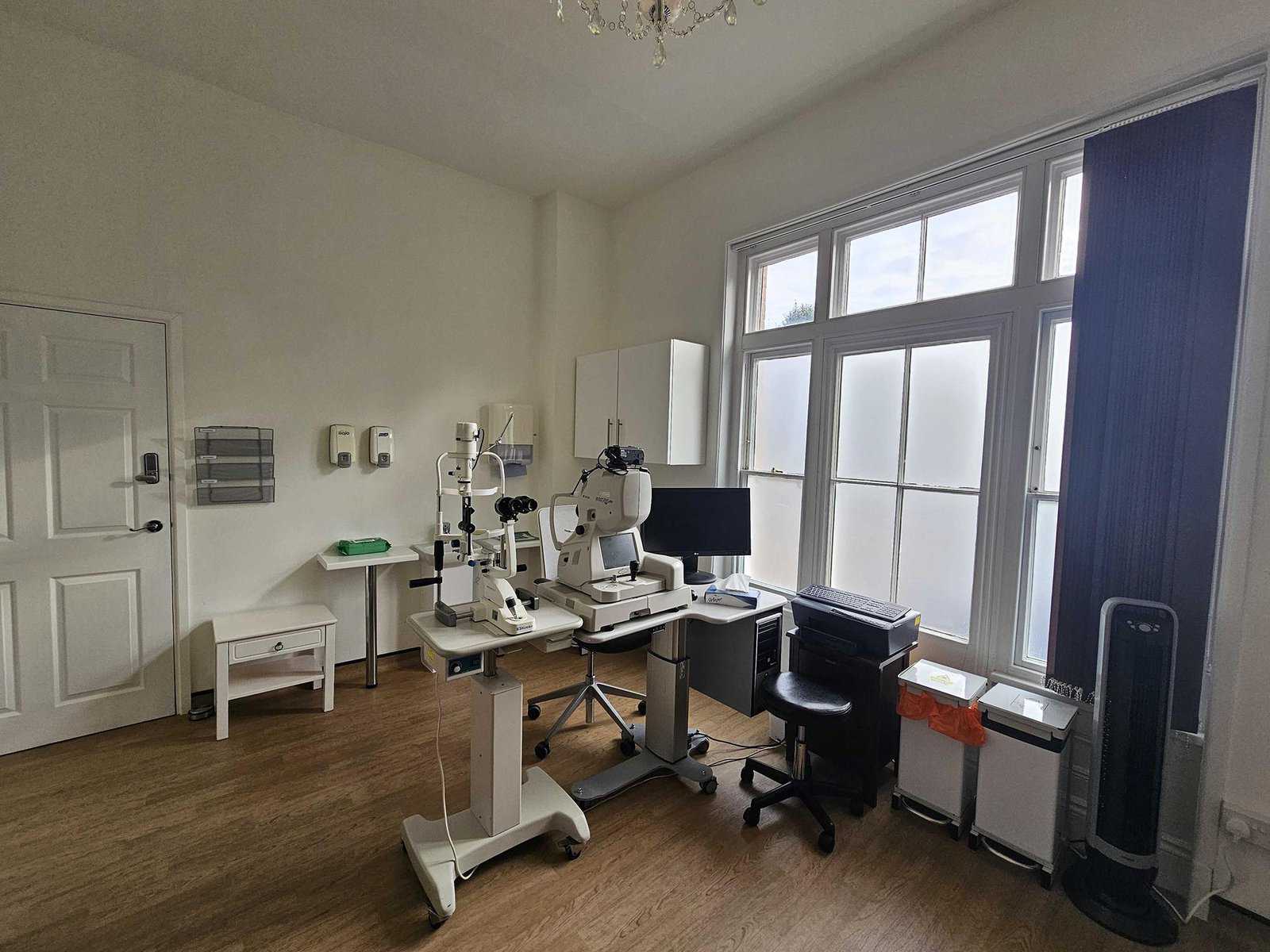Silent Reflux
Treatment (LPR)
If you suffer from silent reflux, contact The Forbury Clinic for a consultation and personalised treatment plan to address your symptoms and improve your quality of life.

Overview
Silent reflux, also known as laryngopharyngeal reflux (LPR), occurs when stomach acid flows back up into the throat and voice box without causing the typical symptoms of heartburn. Unlike traditional acid reflux, silent reflux often doesn’t cause obvious discomfort in the chest but can irritate the throat and vocal cords.


Why is treating silent reflux so important?
Silent reflux can contribute to voice disorders and other throat problems if left untreated. Diagnosis typically involves a specialist evaluation and sometimes pH monitoring. Treatment often includes lifestyle changes, dietary adjustments, and medications to reduce acid production.
Common symptoms and signs include:
- Hoarseness or voice changes
- Frequent throat clearing
- Chronic cough (especially at night or after eating)
- Sensation of a lump in the throat (globus sensation)
- Sore or irritated throat
- Difficulty swallowing
Causes and Risk Factors
Causes
Silent reflux can be caused by various factors, including:
Weak or relaxed upper or lower esophageal sphincter:
A weak or relaxed esophageal sphincter allows stomach acid to flow back up into the throat.
Overeating or lying down after meals:
Overeating or lying down after meals can cause acid to rise up from the stomach into the throat.
Increased abdominal pressure:
Overeating or lying down after meals can allow stomach acid to flow back into the throat, leading to reflux symptoms..
Delayed stomach emptying:
when food moves too slowly from the stomach to the small intestine.
Risk Factors
Risk factors contributing to the development of silent reflux include:
Obesity
Smoke or use tobacco products
Experience chronic stress or anxiety
Eat large or fatty meals, especially late at night
Drink alcohol, caffeine, or carbonated beverages
Diagnosis
Silent reflux is often diagnosed through a combination of medical history, symptom review, and specialist examination. Because it doesn’t always cause heartburn, it can be overlooked without proper assessment:
- Laryngoscopy: to examine the throat and vocal cords for signs of irritation.
- pH monitoring: measures acid levels in the throat and esophagus over 24 hours..
- Voice assessment : especially for those experiencing hoarseness or vocal fatigue.
- Reflux questionnaires: standardised tools to evaluate symptom severity and frequency.

Treatment Options
At The Forbury Clinic, we offer a range of treatments to manage and treat silent reflux effectively:
- Non-Surgical Options
- Surgical Options
- Innovative Treatments
Medications:
Proton pump inhibitors (PPIs), H2 receptor blockers, and antacids to reduce acid production and neutralise stomach acid.
Lifestyle Changes:
Dietary modifications, weight loss, avoiding trigger foods, and quitting smoking.
Elevating Head:
Raising the head of the bed to prevent acid from flowing back into the oesophagus during sleep.
Fundoplication:
A procedure to reinforce the lower esophageal sphincter by wrapping the top of the stomach around the lower oesophagus.
LINX Device:
Implanting a ring of magnetic beads around the LES to strengthen its function.
Endoscopic Procedures:
Minimally invasive techniques to tighten the LES or repair damage to the oesophagus.
Managing Silent reflux
Managing silent reflux involves both medical treatments and lifestyle adjustments:
Lifestyle Changes:
Avoid lying down immediately after eating, eat smaller meals, and maintain a healthy weight. Quit smoking and reduce alcohol intake.
Dietary Adjustments:
Limit spicy, fatty, or acidic foods, caffeine, and carbonated drinks that can trigger reflux. Stay hydrated and avoid eating late at night.
Medications:
Proton pump inhibitors (PPIs) or antacids may be prescribed to reduce stomach acid and relieve symptoms.
Voice Care:
For those with voice symptoms, working with a speech therapist can help reduce strain and promote vocal healing.
Complications and Prognosis
If left untreated, silent reflux can cause ongoing irritation and inflammation of the throat and vocal cords, potentially leading to chronic voice problems, throat infections, or swallowing difficulties. In rare cases, it may contribute to more serious conditions like vocal cord granulomas or even increase the risk of throat tissue damage.
With proper diagnosis and management, most people experience significant symptom relief and prevent long-term complications. Early treatment improves the prognosis and helps protect vocal health.


Why Choose The Forbury Clinic?
Choosing The Forbury Clinic for treating silent reflux offers several advantages:
- Expert Staff: Our team consists of experienced specialists in managing reflux and related conditions.
- Cutting-Edge Technology: We use the latest diagnostic and therapeutic tools to ensure accurate diagnosis and effective treatment.
- Patient-Centred Care: We provide personalised care tailored to your unique needs, ensuring the best possible outcomes.
